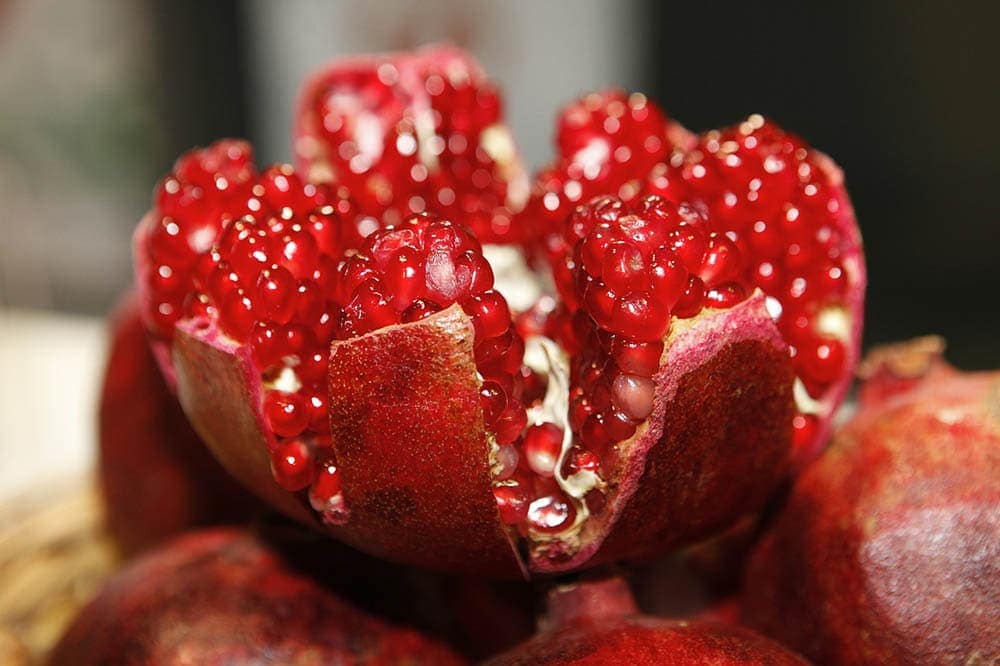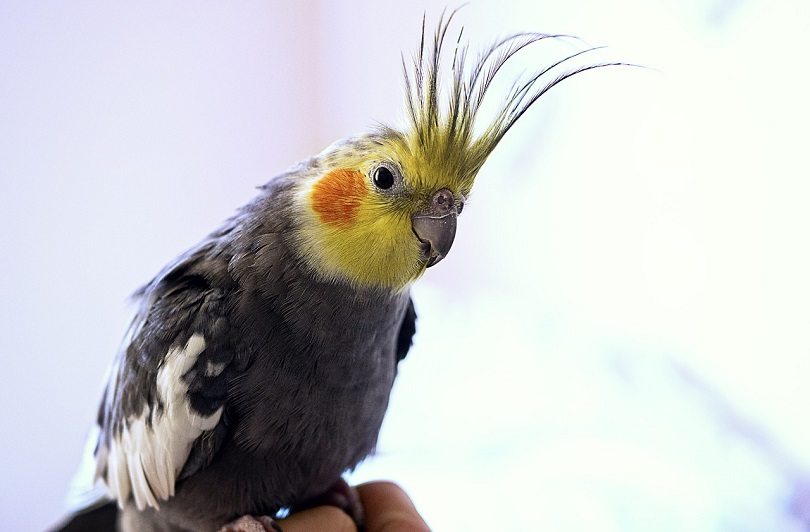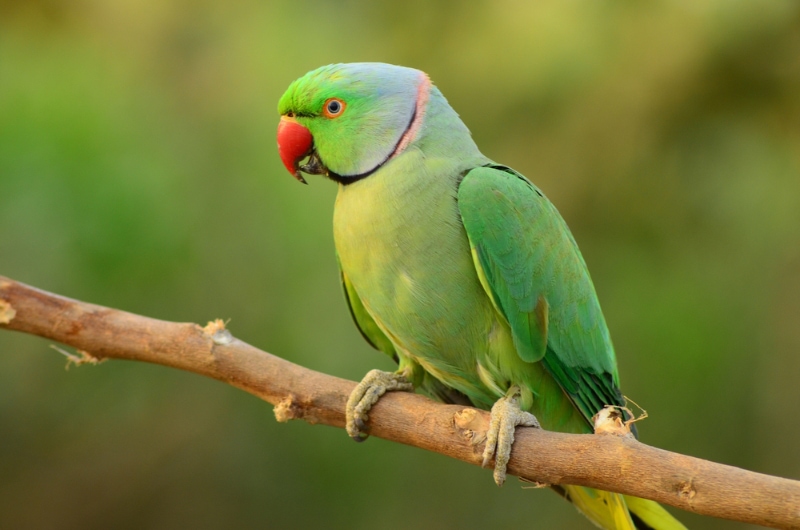Do Parrots Make Good Pets? Vet-Approved Facts, Pros & Cons
Updated on
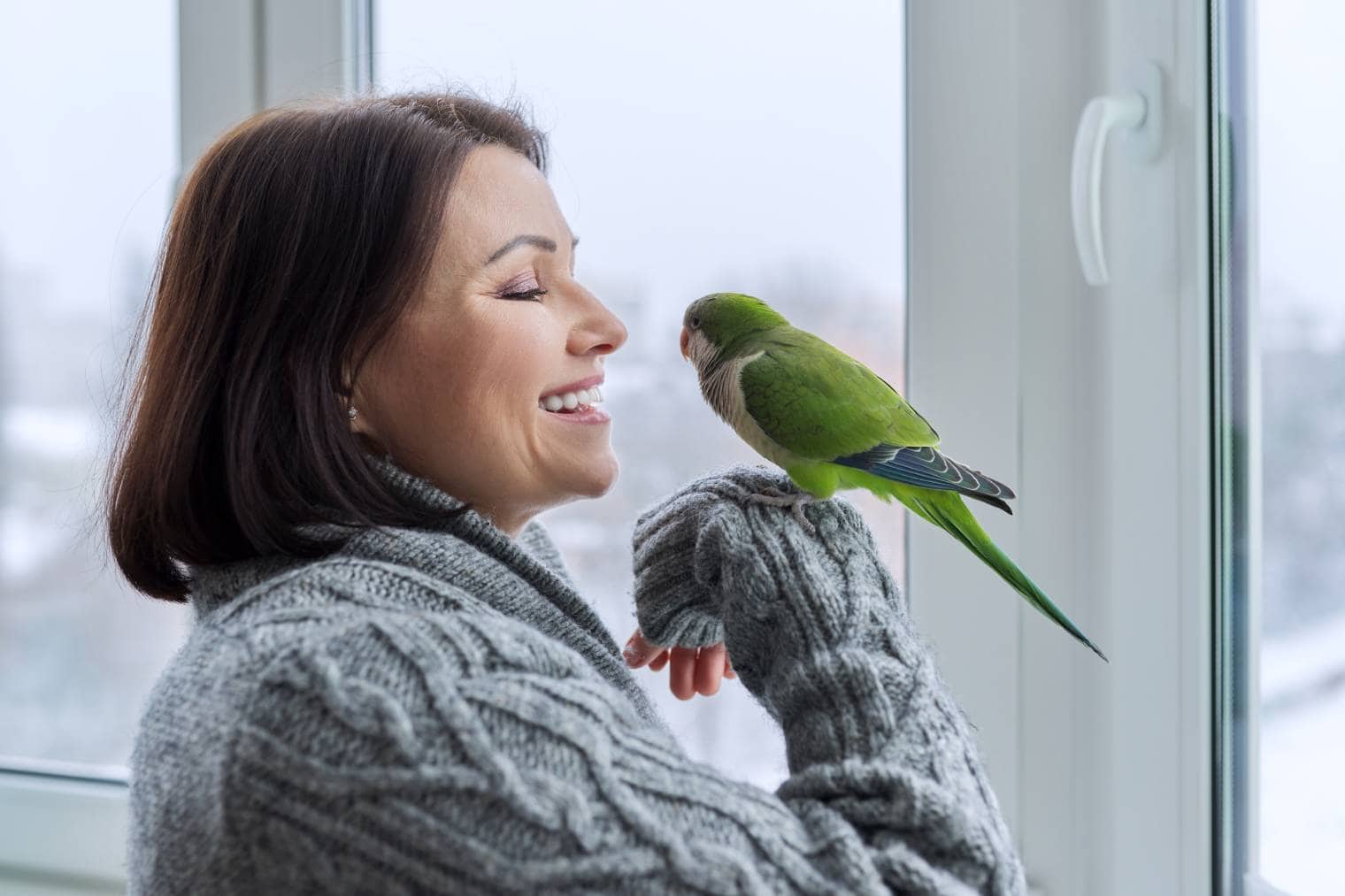
Click to Skip Ahead
While parrot owners will tell you that their feathered friends are fantastic companions and rewarding pets, the truth is that parrots aren’t the right pets for everyone. Bird ownership isn’t as easy as it might at first seem, and there are a lot of questions involving the ethics of such.
While some species of parrots can certainly make great pets, the fact of the matter is that they don’t fit well in every home. Read on to learn more about the pros and cons of parrot ownership as well as legality and ethical concerns for keeping a parrot in captivity.
Pros of Owning Parrots
Parrots can absolutely make good pets for the right owner, but caring for them isn’t easy, especially if the bird in question hasn’t been tamed. Let’s take a closer look at some of the reasons parrots can be great pets.
1. They’re Highly Intelligent
Parrots are very smart. In fact, they’re often considered to be the most intelligent birds and among the smartest animals in general. They have sophisticated problem-solving abilities and can even communicate their desires.
2. They’re Affectionate
Parrots are highly social creatures that cherish the companionship of humans and other birds. They can be cuddly toward their favorite people, though they do require a lot of attention to stay happy and healthy.

3. They Can Talk
Parrots are known for their incredible knack of mimicking human speech. Wild birds use sounds to communicate with one another, which is part of the reason why they can pick up speech so easily in captivity. They look to their humans as a part of their flock and will do what they need to to ensure they can communicate with their flock mates (AKA: you!).
4. They Have Long Lifespans
Parrots can live an extremely long time in captivity. Depending on the species and their living conditions, some species can live up to 50 years or even longer. Generally speaking, the smaller the bird, the shorter their lifespan. Smaller birds belonging to the parrot family, such as budgies or parakeets, typically only live 8 to 15 years. Larger species, like macaws or African grays, can live to be 25 to 50 years old.
Cons of Owning Parrots
Of course, it would be irresponsible of us not to talk about the drawbacks of parrot ownership.
1. They’re Messy
Sure, dogs and cats are messy pets, too, but no other pet is quite as messy as a parrot. They waste a lot of food, dropping it all over your floor. You’ll be stepping on pellet dust and seeds all day long. Of course, this is a relatively quick fix with a sweep of a broom or fast pass over with a vacuum.
2. They’re Noisy
Though their talkativeness is one of their best selling points, parrots can be excessively noisy little critters. This is especially important to consider if you live in an apartment building or have roommates. Some birds are louder than others, but they’ll all make noise in some capacity. Some species, especially the hookbills, have ear-splitting calls. I have a Jenday Conure, and her screeches literally make my head ring.
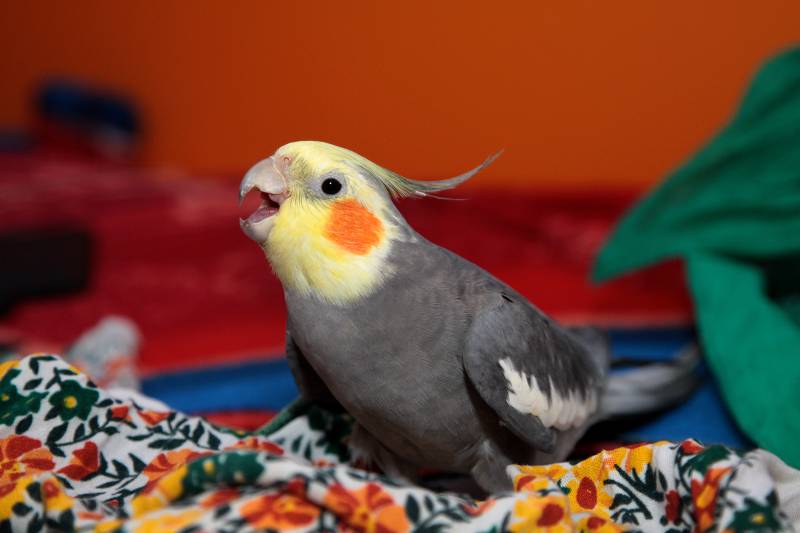
3. They Need Attention
As mentioned above, birds are highly social pets. They need to be handled and socialized daily to remain tame. If your schedule doesn’t allow for daily snuggles and visiting with your parrot, then you might want to consider a different pet instead.
4. They Aren’t Allergy-Friendly
Some people choose to keep birds as they’re allergic to cats and dogs but are soon saddened to find out their bird causes allergic reactions, too. Unfortunately, many people who are allergic to cats and dogs also have issues with birds due to their feathers and feather dander.
5. They Have Long Lifespans
We know we just listed this as a “pro” for parrot ownership, but it could also be a con, depending on you and your current life stage. Since many parrot species can live for decades, it isn’t unrealistic that your new pet could outlive you if you’re in your golden years. If you’re not interested in having a pet for the long term, we recommend looking elsewhere.
Are All Parrot Species Legal to Own?
No, not all parrot species are legal to keep as pets. Some species are banned in certain areas, so it’s recommended you brush up on your state, county, city, provincial, and country laws to ensure you don’t adopt an illegal pet.
Quakers, for example, are a species native to South America. Though they’re exceptionally beautiful birds, they are prohibited to own in several U.S. states, partly because they can be quite invasive if they were to be released. They are illegal to keep as pets in states like Rhode Island, California, Connecticut, Georgia, and Hawaii, among others.

What You Need to Know About CITES
The Convention on International Trade in Endangered Species (CITES) is an international agreement between governments to protect endangered flora and fauna from international trade. The purpose of CITES is to protect species from becoming extinct. Each protected population is included in one of three appendices depending on the level of threat.
- Species in Appendix I are threatened by extinction, and trading these species is only permissible under exceptional circumstances.
- Species in Appendix II are not currently threatened by extinction, but trade needs to be controlled to ensure the population’s survival.
- Species in Appendix II are protected in at least one country.
All parrot species fall into the order Psittaciformes, which is included in Appendix II with the exception of some species included in Appendix I. Some birds, such as the rosy-faced lovebird and the cockatiel, are not found in any CITES appendices.
Appendix I Species
The parrot species cited in Appendix I can be traded, but only if you have a special permit. Birds that are bred in captivity can be traded provided that the seller can produce a CITES certificate documentation that the bird in question was bred in captivity. Some of the most common parrot species in this Appendix include:
- Scarlet Macaws
- African Greys
- Hyacinth Macaws
- Red-Fronted Macaws
You can find the full list of Appendix I parrot species here.
What You Need to Know About the International Parrot Trade
In Latin America, countless wild parrots are illegally caught and traded despite existing laws and international trade agreements that don’t allow it. One look at the numbers, and it’s not hard to see why. Statistics suggest that the illegal wildlife trade generates up to $23 billion annually, making it an incredibly vast and hard-to-control enterprise.
Parrots are the most traded bird species internationally, mainly for use as companion pets. As fantastic as these beautiful wild birds can be as pets, their trade threatens global diversity. The illegal wildlife trade not only puts delicate ecosystems at risk but also threatens the livelihood of rural communities and hinders development efforts.
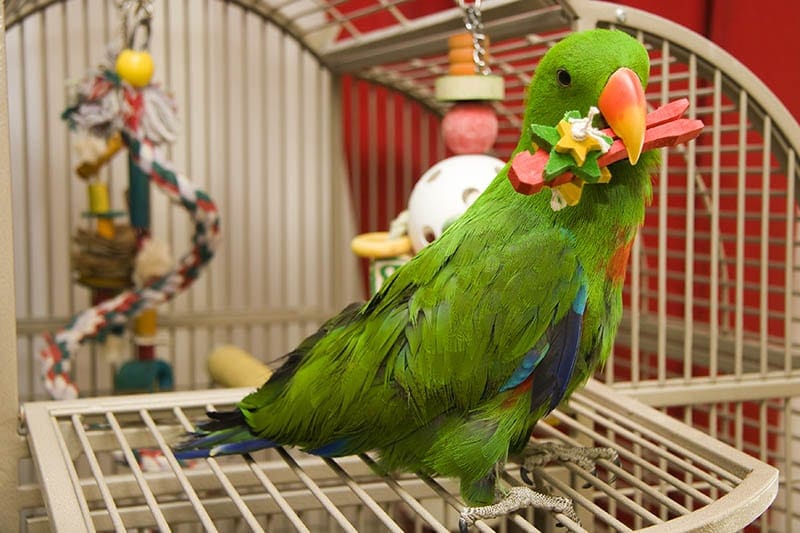
Around 2,600 of the over 9,600 bird species in existence are subject to trade, and one-fifth of these species belong to the order Psittaciformes (parrots). The greatest number of exported parrots are coming from Argentina, Tanzania, Senegal, and Indonesia, while the top importers include the European Union, the United States, Singapore, Central America, and the Caribbean. While the U.S. was once the largest importer of wild birds, the passing of the Wild Bird Conservation Act in 1992 took import numbers from over 100,000 annually to just hundreds. The EU is now the top importer, accounting for a whopping 93% of all global imports.
Final Thoughts
Parrots can make great pets for the right family, but they’re not suitable for everyone. Additionally, anyone considering adopting a parrot should thoroughly research the breeder and the source to ensure they’re not unknowingly supporting the illegal parrot trade. We also recommend reviewing the laws in your area to ensure the species you’re adopting isn’t prohibited.
See Also:
Featured Image Credit: VH-studio, Shutterstock



